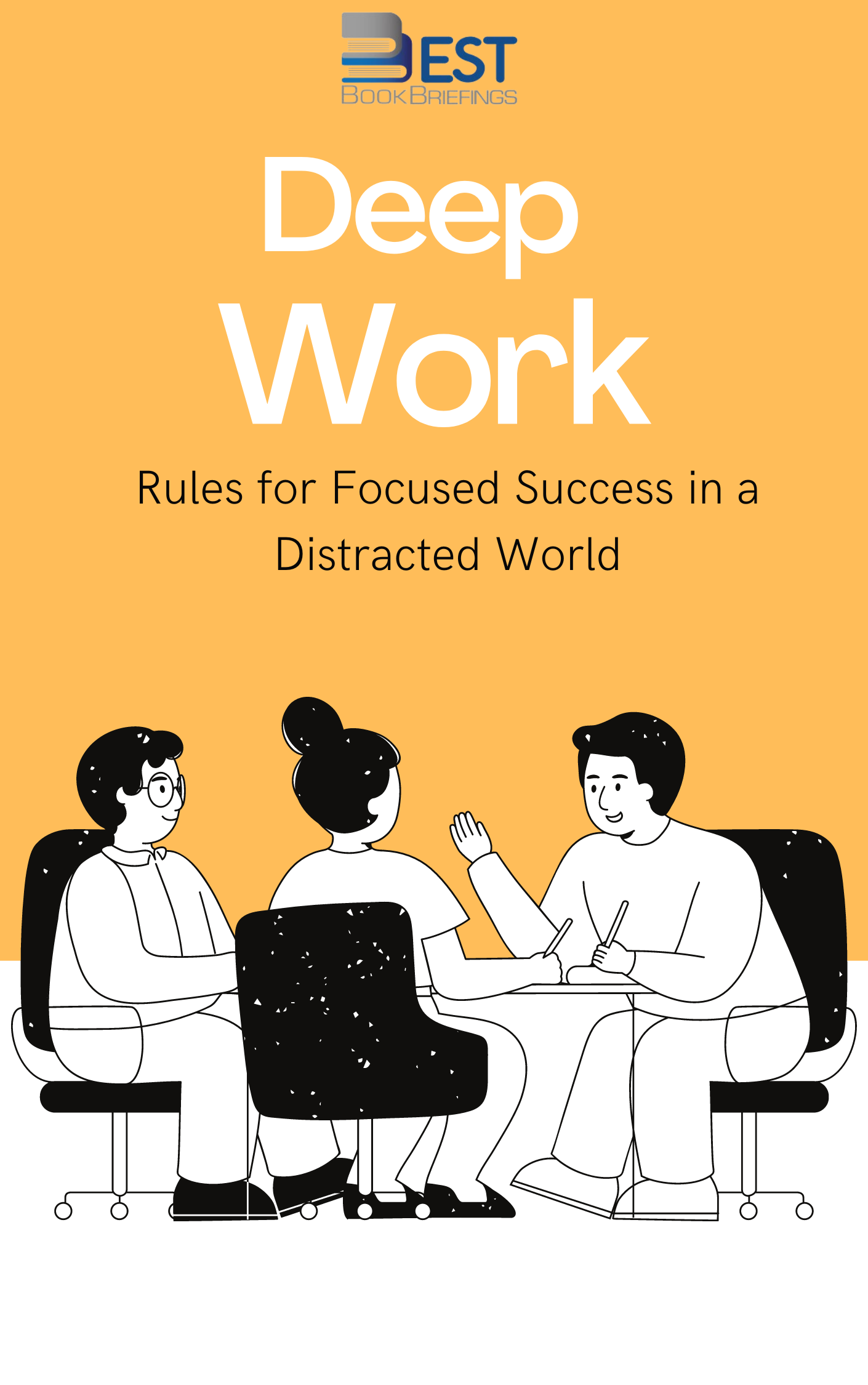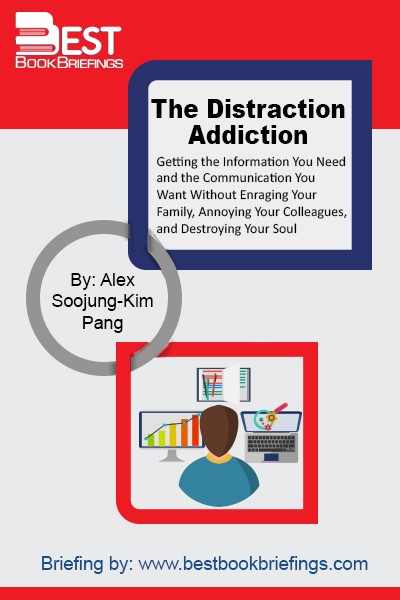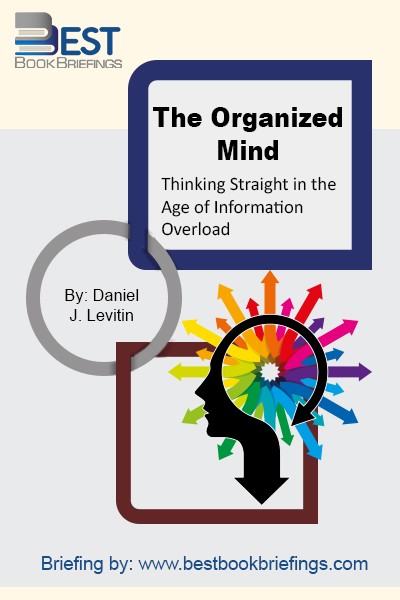The Organized Mind
Thinking Straight in the Age of Information Overload
Number of pages: 528
Publisher: Dutton
BBB Library: Psychology and Strengths, Personal Success
ISBN: 9780525954187
Editorial Review
With lively, entertaining chapters on everything from the kitchen junk drawer to health care to executive office workflow, Levitin reveals how new research into the cognitive neuroscience of attention and memory can be applied to the challenges of our daily lives. The Organized Mind shows how to navigate the churning flood of information in the twenty-first century with the same neuroscientific perspective.
Book Reviews
Books on Related Topics

Positive intelligence provides answers to most of our pressing questions: Why do most dieters succumb to yo-yo dieting? Why is our increased happiness so fleeting after we achieve what we thought would bring lasting happiness? Why do new leadership skills acquired in workshops soon give way to old habits? Why do

Deep work is the ability to focus without distraction on a cognitively demanding task. It's a skill that allows you to quickly master complicated information and produce better results in less time. Deep work will make you better at what you do and provide the sense of true fulfillment that comes

Animal researchers, computer scientists, and occasionally social scientists sometimes use the metaphor of “collective intelligence” or a “hive mind” to explain group actions. Indeed, human society in every nation today is a form of collective intelligence, in which the accumulated knowledge of the past makes its members richer today, and in

The truth is we all experience the occasional negative thoughts, but if you always feel overwhelmed, you need to examine how these thoughts are negatively impacting your lifestyle. The solution is to practice specific mindfulness techniques that create more space in your mind to enjoy inner peace and happiness.

The Distraction Addiction is packed with fascinating studies, compelling research, and crucial takeaways. Whether it’s breathing while Facebook refreshes (most of us don’t) or finding innovative approaches for reclaiming a few hours from the digital crush, this book is about the ways to tune in without tuning out. It is a

“Big data” refers to our burgeoning ability to crunch vast collections of information, analyze it instantly, and draw sometimes profoundly surprising conclusions from it. This emerging science can translate myriad phenomena—from the price of airline tickets to the text of millions of books—into searchable form and uses our increasing computing power



